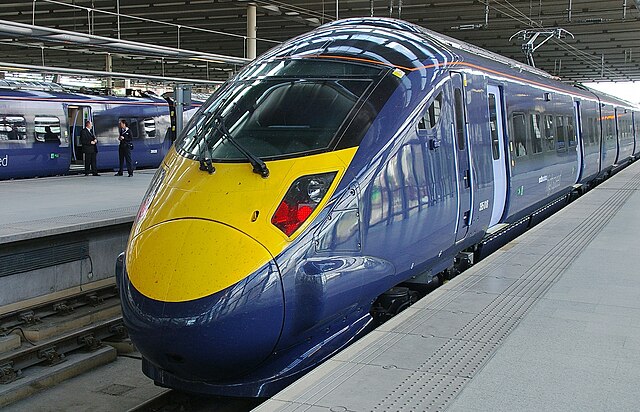Legacy of the 2012 Summer Olympics
The London 2012 Olympic Legacy is the longer-term benefits and effects of the planning, funding, building and staging of the Olympic and Paralympic Games in summer 2012. It is variously described as:economic – supporting new jobs and skills, encouraging trade, inward investment and tourism
sporting – continuing elite success, development of more sports facilities and encouraging participation in schools sports and wider
social and volunteering – inspiring others to volunteer and encouraging social change
regeneration – reuse of venues, new homes, improved transportation, in East London and at other sites across the UK.
London Olympic Stadium. Following the Games, it was renovated for multi-purpose use for sport and music concerts.
The Queen Elizabeth Olympic Park is now a widely used popular sporting complex and public park, a legacy of the games.
The 2012 Summer Olympics, officially the Games of the XXX Olympiad and also known as London 2012, were an international multi-sport event held from 27 July to 12 August 2012 in London, England, United Kingdom. The first event, the group stage in women's football, began on 25 July at the Millennium Stadium in Cardiff, Wales, followed by the opening ceremony on 27 July. There were 10,518 athletes from 206 National Olympic Committees (NOCs) who participated in the 2012 Olympics.
The Queen Elizabeth Olympic Park
London Olympic Stadium
The Olympic Javelin high-speed service ran between St Pancras and Ebbsfleet, via Stratford.
The Emirates Air Line crosses the River Thames between Greenwich Peninsula and the Royal Docks.




